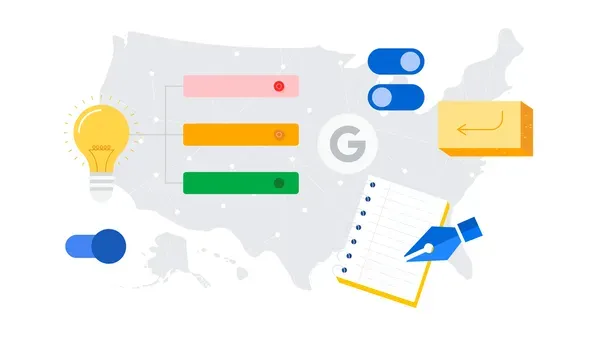As new USPTO Director John Squires takes charge, Google is making its play for American AI dominance through patent reform. The tech giant just released a four-point policy blueprint targeting everything from examiner AI tools to fee restructuring, revealing how 17% of Google's recent inventions now use AI assistance. With patent applications flooding the system and complex AI technologies creating evaluation bottlenecks, Google's timing signals the patent wars are heating up.
Google isn't waiting for the new USPTO Director to settle in. As John Squires officially takes the helm of America's patent system, the tech giant just dropped a comprehensive policy roadmap that could reshape how AI inventions get protected - and who profits from the coming wave of artificial intelligence breakthroughs.
The timing isn't coincidental. Google's General Counsel Halimah DeLaine Prado revealed that a staggering 17% of the company's inventions in the past year were created with AI assistance, positioning Google as the leader in patented generative AI innovations according to recent Axios analysis. That's not just a statistic - it's a declaration of intent in the escalating AI patent wars.
"The U.S. Patent and Trademark Office plays a key role in AI's development and U.S. leadership, but its job has gotten much harder," Prado wrote in the company's policy brief. The challenge is real: patent applications are flooding in, technologies are getting more complex, and examiners are drowning in technical information that's nearly impossible to assess accurately.
Google's first recommendation hits where it hurts - the USPTO's wallet. The company wants large-scale patent filers like itself to pay more fees upfront, supporting Commerce Secretary Lutnick's call for fees that actually reflect review costs. Currently, the USPTO relies on application fees that aren't fully paid for years, creating a funding gap that impacts examination quality.
But here's where it gets interesting - Google wants the USPTO to fight fire with fire by embracing AI tools for patent examination. The company's already working with the agency through a partnership with Accenture Federal Services to help examiners route patents and find prior art. Now they want to expand AI use for workload management and identifying abusive filing patterns.












